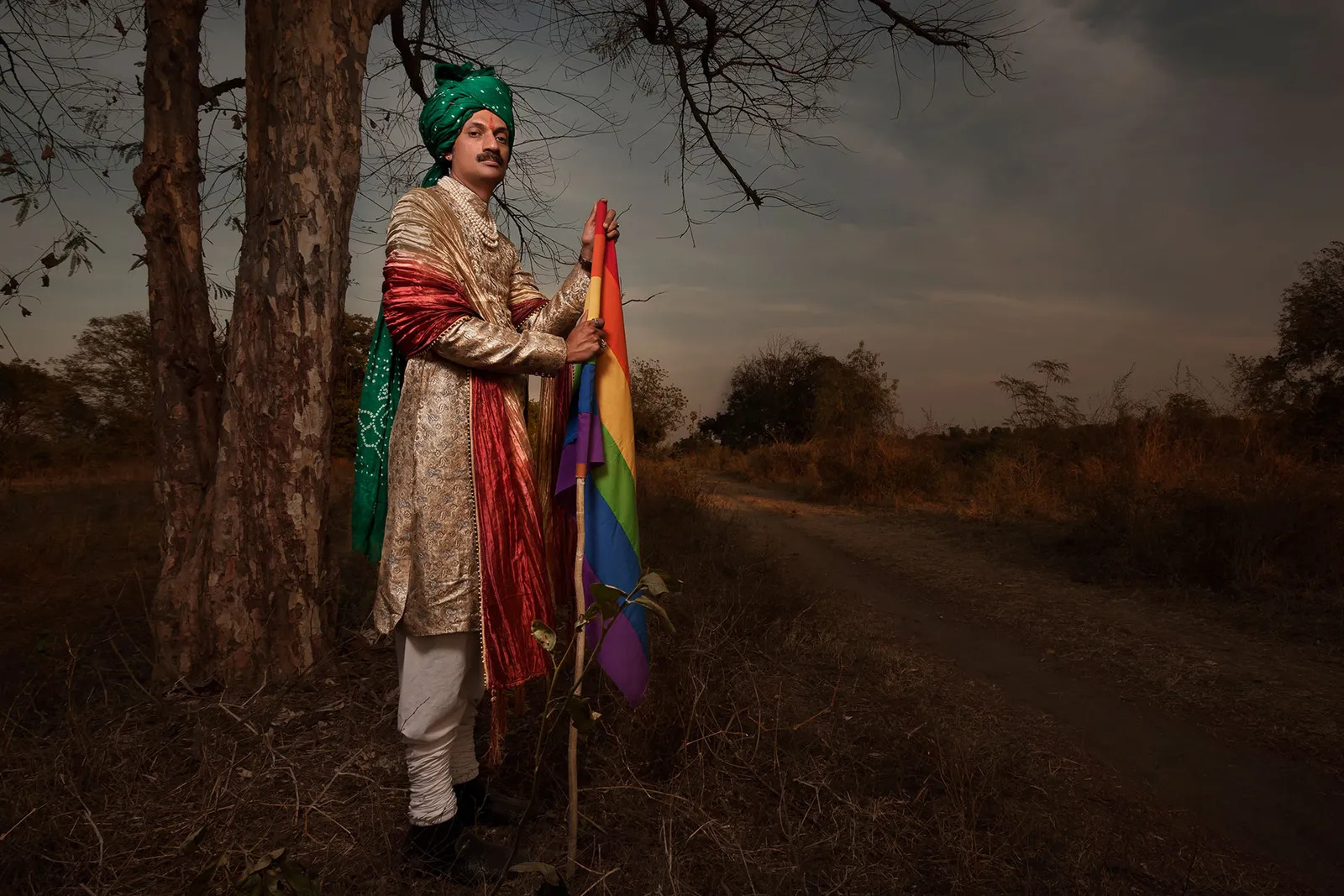In January 2021, a LGBT American woman, Kristen Gray, who lived in Bali during the COVID-19 pandemic, was deported from Indonesia after lauding the island for being “LGBT-friendly” and its low cost of living. Gray was detained after posting a Twitter thread praising her low-cost life in Bali, a place she felt was tolerant towards the LGBT community. Gray and her partner even proposed to help foreigners move to Bali amidst its coronavirus travel ban.
Her tweets incensed many Indonesians, who took to social media to criticise her lack of cultural awareness for Indonesian society and alleged dodging of taxes. Locals also spoke up about her Western foreigner privilege in discounting the actual plight of the Indonesian LGBT community. Unlike Gray’s experience, LGBT people in Indonesia struggle daily to live peacefully in a country that deems them as deviant or perverted individuals. In an official statement, the Indonesian immigration authorities stated that Gray was deported for “spreading information that could unsettle the public”, such as suggesting that Bali was “queer friendly” and easily accessible to foreigners amid the COVID-19 pandemic.
This is the most recent case in the country that sheds light on the homophobia Indonesia’s LGBT community has endured for years.
At the height of the anti-LGBT hysteria in Indonesia in 2016, LGBT individuals were perceived by lawmakers, conservative religious groups and state officials to be a subversion of Indonesian culture and a threat to national stability. The LGBT community was vilified due to their sinful and immoral behavior. Since then, the term “LGBT” has been used by conservative groups in the country to exacerbate moral panic. Despite the progress made by LGBT communities in other countries such as Taiwan or the United States in recent years, their counterparts in Indonesia face worsening discrimination and are unable to celebrate their existence without fear of reprisal.
Two cases in 2020 remind us of the blatant discrimination experienced by the LGBT community in Indonesia. A 42-year-old transwoman named Mira, was burnt to death by a mob in Cilincing, North Jakarta. She was accused of theft by several gang members and met her demise as a result.
During the Ramadan period, a transphobic prank video was uploaded by YouTuber Ferdian Paleka. He, along with two friends, distributed fake aid packages to four transgender women. The instant noodle boxes he gave out actually contained bricks and garbage. The general public’s response to these two events was skewed, with more individuals perceived to have flocked to social media to condemn the prank than the murder. The North Jakarta Police also moved to absolve the suspects in the murder case by claiming they had no intention to kill Mira.
Scientific Homophobia in Indonesia
To make matters worse, misconceptions about the LGBT community are widely perpetuated by politicians, official organisations and the media in Indonesia. For one, the Indonesian Psychiatrists Association (PDSKJI) still classifies homosexuality, bisexuality and transsexualism as mental illnesses, which can be rehabilitated through proper treatment. Anti-LGBT groups have also masqueraded their homophobic sentiment behind “scientific studies” to condemn queer people, what Hendri Yulius, a lecturer of Gender and Sexuality Studies, argues as the use of “scientific homophobia”. To persuade the public about the risks LGBT people pose to society, such groups manipulate academic research, misuse outdated research and disrupt larger academic debates.
For instance, in 2019, Dwi Estiningsih, a politician from the conservative party, Partai Keadilan Sejahtera (Prosperous Justice Party), argued that LGBT was a form of mental illness through her tweets. She went on to distort academic research by “cherry-picking” segments of academic journal articles to support her argument. Queer activists had to expose the misleading information she put forth and Estiningsih even received critiques from the academic scholars she quoted.
Similarly, Ihshan Gumilar published an article in Republika Newspaper, peddling pseudoscientific arguments against LGBT last year. Gumilar used the idea of “neuroplasticity” to explain how being LGBT was a lifestyle choice and due to external influence. There is, however, no proper scientific evidence to support his claim that people can easily switch their sexual preferences. His assertion assumed that human brains are always heterosexual and does not account for the complexities of sexuality. Such homophobic claims are rife in Indonesian media and we, as members or allies of the LGBT community, have to be wary of these narratives used to promote fear and hatred against homosexuals.
In his article, Ihshan also falsely stated that LGBT people commit rape due to their sexual orientation, citing Reynhard Sinaga, who was convicted of rape in the UK. However, rape is rape. The rapist’s sexual orientation is not relevant. This is yet another example showing how the Indonesian media sensationalised the Sinaga incident and used it to justify homophobia, creating devastating consequences for LGBT people. Such was the case in Sinaga’s hometown of Depok, where Mayor Mohammad Idris raided LGBT communities, describing gay people as “victims” and called for their rehabilitation.
An uphill battle for Indonesia’s LGBT
Komnas HAM commissioner Beka Ulung Hapsara stated that the LGBT community faced a “gargantuan struggle” in dealing with homophobia within Indonesia. Beka said, “The stigma and discrimination is so deeply rooted in our society that many think of it as a given. It is quite the challenge to face alone.”
The struggle for LGBT rights in Indonesia still has a long way to go. The LGBT community in Indonesia cannot achieve acceptance on their own. We need our allies to stand with us.
***





